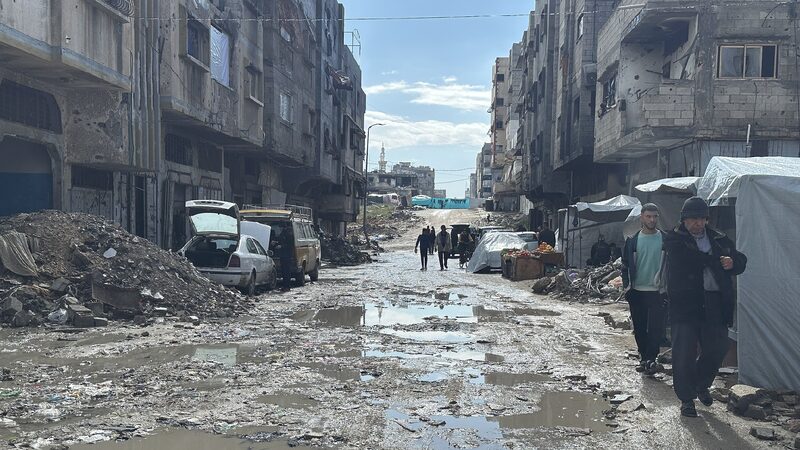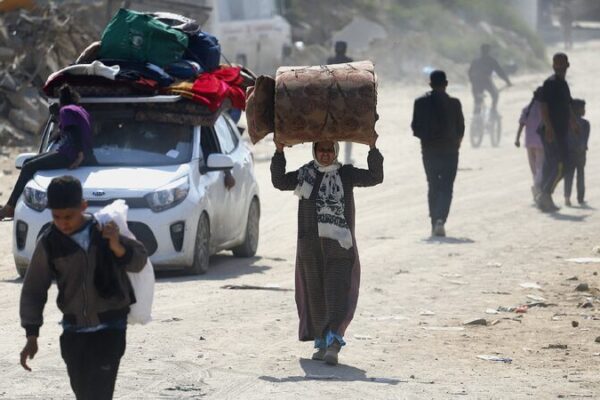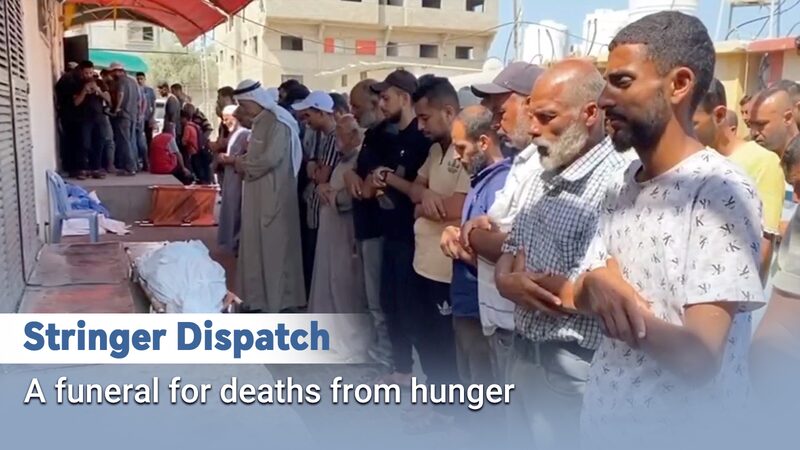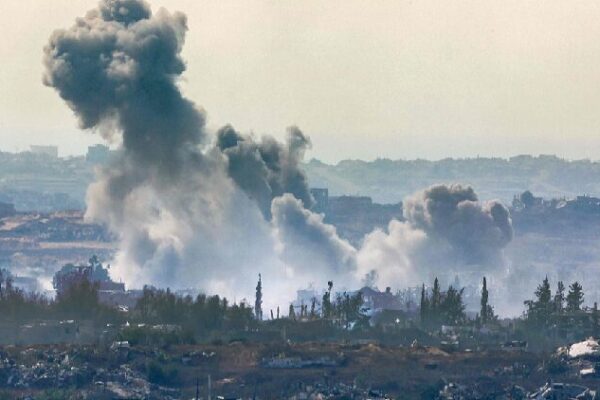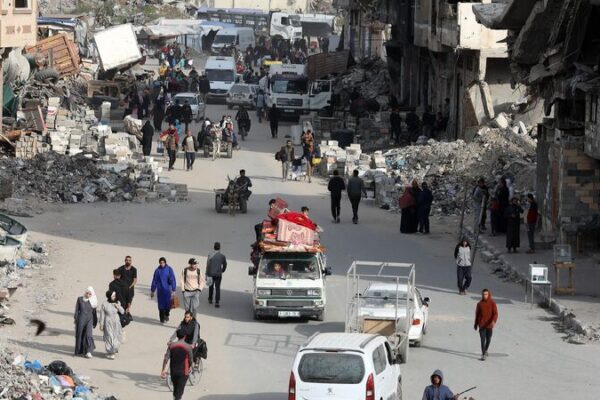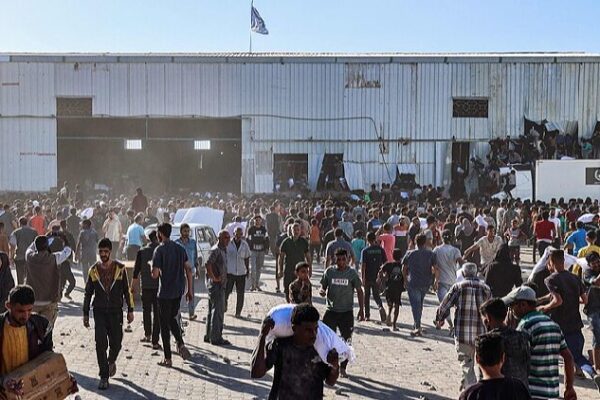Israel’s decision to block humanitarian aid to Gaza since early Sunday has ignited widespread condemnation from Palestinian factions, neighboring countries, and international organizations.
At the start of a cabinet meeting on Sunday, Israeli Prime Minister Benjamin Netanyahu announced the move, stating it was intended to pressure Hamas into accepting a new proposal to extend the first phase of a ceasefire and hostage release deal. He warned that Hamas would face “additional consequences” if it did not agree to the proposal.
Hamas condemned the decision, calling it a “blatant attempt to renege on the agreement and evade negotiations for its second phase.” In a statement, the group labeled the blockade of aid to Gaza’s 2 million residents as “cheap blackmail and a war crime,” urging mediators and the international community to press Israel to reverse the decision.
Other Palestinian factions echoed the condemnation. The Popular Front for the Liberation of Palestine described the move as a “flagrant violation of the ceasefire,” while the Democratic Front for the Liberation of Palestine accused Israel of escalating its “starvation warfare” against Gaza’s population.
The Palestinian Foreign Ministry strongly rejected what it termed the “politicization of humanitarian aid” and called on the global community to hold Israel accountable and ensure the uninterrupted flow of assistance into Gaza.
Regional powers Egypt and Jordan criticized the blockade, deeming the use of aid as a weapon of collective punishment “unacceptable.” They emphasized the urgent need for Israel to cease its decision.
United Nations Secretary-General António Guterres called for the immediate resumption of humanitarian aid to Gaza and urged for the release of all hostages. “All parties must make every effort to prevent a return to hostilities in Gaza,” he said in a statement on Sunday.
The blockade has left Palestinians in Gaza struggling to find basic necessities like food and water. “The situation is chaotic,” said a Gaza resident. “We are looking for flour, bread, anything we can eat.”
In an apparent move to defuse tensions, Israeli officials announced that a delegation would arrive in Cairo later on Sunday to discuss ways to ensure the ceasefire remains in effect.
Over the past six weeks, both Israel and Hamas have accused each other of breaching the ceasefire agreement. The original deal aimed to negotiate the release of the remaining 59 hostages, the full withdrawal of Israeli troops from Gaza, and a final end to the conflict. However, talks have stalled, with Israel asserting that all hostages must be returned before fighting can cease entirely.
The international community watches anxiously as the fate of Gaza’s residents hangs in the balance, hoping for a swift resolution that will restore the flow of much-needed humanitarian aid.
Reference(s):
cgtn.com
